Under the hot sun of northern Thailand, a group of students gathered on a terraced rice field in Baan Mae Salap, Mae Hong Son province, to dig and till the soil. This was not an act of vandalism or farming, but an act of learning.
“If we just sit in class, we would never know how acidic or alkaline the soil is. This science project helps us understand more about it,” said Jaruwan Kordoo, a 15-year-old boarding student at Chumchon Bahn Numdip School in Mae Hong Son province.
Soil quality research project
Jaruwan and four friends, including Rinlada Mahanapat, Nichamon Chuenprasob, Sidapond Preedipa and Patchara Chevitprasert, studied under the guidance of teacher Narunat Wattawong.
Ms. Narunat is a generation that has benefited from the United Nations Children's Fund (UNICEF) Science, Technology, Engineering and Mathematics (STEM) education program in Thailand.
UNICEF is working with partners to improve STEM education outcomes, focusing on equity through reaching rural schools, while also addressing the gender gap in STEM as girls are less likely to pursue STEM careers than boys.
One key partner is the Institute for the Advancement of Science and Instructional Technology (IPST), whose mission is to integrate STEM subjects and improve teaching and curricula.
The initiative aims to directly benefit 25,000 children and 500 teachers over three years, with much of the teacher support coming through online training.
Rinlada Mahanapat, 15, was initially hesitant to join the project but eventually became the leader of the team that chose the terraced fields in her hometown of Mae Salap village as the research site.
Teacher Narunat noticed that previously, students did not pay much attention to the amount of rice their parents harvested. But through soil research, they learned that rice yield declines due to soil quality or weather conditions.
"By participating in this project, I had the opportunity to learn about projects from other countries and see the differences, such as Sweden using seaweed to replace plastic. I found it useful to know how other countries carry out environmental projects. My friends and I are proud to be able to share the knowledge gained from our research with farmers back home," Rinlada said.
The Rinlada team’s research will promote the importance of the environment in their village. Terrace farming is good for agriculture in this area because it helps reduce soil erosion.
Additionally, feeding livestock grass on rice fields instead of burning the grass can help preserve the ecosystem, while animal manure adds minerals and nutrients to the soil.
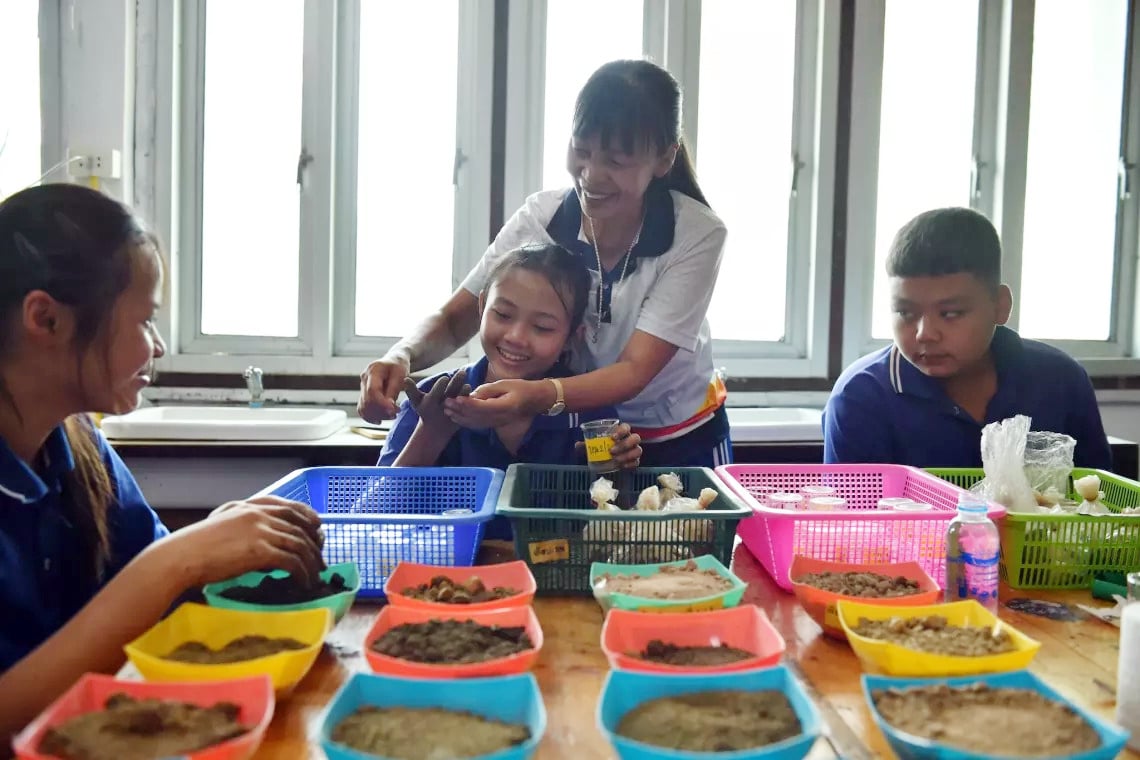
Teacher Narunart Wattawong (59 years old, Chumchon Bahn Numdip school) instructs students in a Science class.
Nurturing a love of science
Narunat was inspired to become a science teacher by her childhood science teacher, who encouraged Narunat to learn through asking questions and observing her surroundings.
Ms. Narunat admits that although STEM projects are often time-consuming, they are fun and educational for children.
"Doing science projects made me understand more about the world of science. When I was in class, I didn't understand everything. But when I started doing a science project, I liked science more. I was proud of myself for being able to complete the project.
It was not easy to do that, but I overcame it all, with the support of my friends, teachers and parents. Everyone is proud of this project," said Sidapond Preedipa, another female student in the research team.
Promoting STEM education in remote rural areas faces challenges such as teacher shortages. When Ms Narunat retires next year, Chumchon Bahn Numdip will be without a science teacher, and it is unclear whether her replacement will have the necessary skills.
Kankamol Koonnarat, Principal of the school, emphasized that for STEM education to be effective, teachers with knowledge of STEM are needed to design appropriate learning content.
Ms. Narunat hopes to inspire students to become future teachers and, more importantly, to foster a love of science.
“I want them to use scientific knowledge to solve problems through observation,” she said. “Let them use these skills in their lives and work, no matter what field they work in.”
Source: UNICEF
Source: https://phunuvietnam.vn/thai-lan-giup-tre-nuoi-duong-tinh-yeu-khoa-hoc-qua-nghien-cuu-thuc-te-20241203154009785.htm


![[Photo] Comrade Khamtay Siphandone - a leader who contributed to fostering Vietnam-Laos relations](https://vstatic.vietnam.vn/vietnam/resource/IMAGE/2025/4/3/3d83ed2d26e2426fabd41862661dfff2)

![[Photo] Special relics at the Vietnam Military History Museum associated with the heroic April 30th](https://vstatic.vietnam.vn/vietnam/resource/IMAGE/2025/4/3/a49d65b17b804e398de42bc2caba8368)
![[Photo] Prime Minister Pham Minh Chinh receives Deputy Prime Minister of the Republic of Belarus Anatoly Sivak](https://vstatic.vietnam.vn/vietnam/resource/IMAGE/2025/4/2/79cdb685820a45868602e2fa576977a0)

![[Photo] Prime Minister Pham Minh Chinh receives CEO of Standard Chartered Group](https://vstatic.vietnam.vn/vietnam/resource/IMAGE/2025/4/2/125507ba412d4ebfb091fa7ddb936b3b)
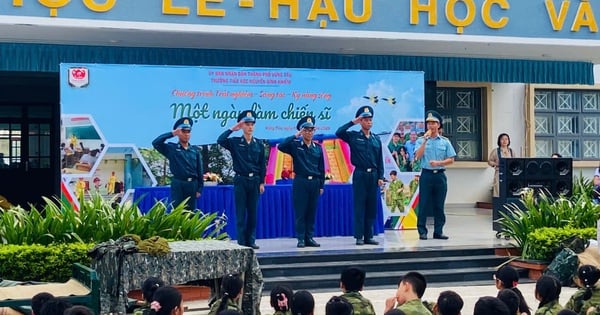







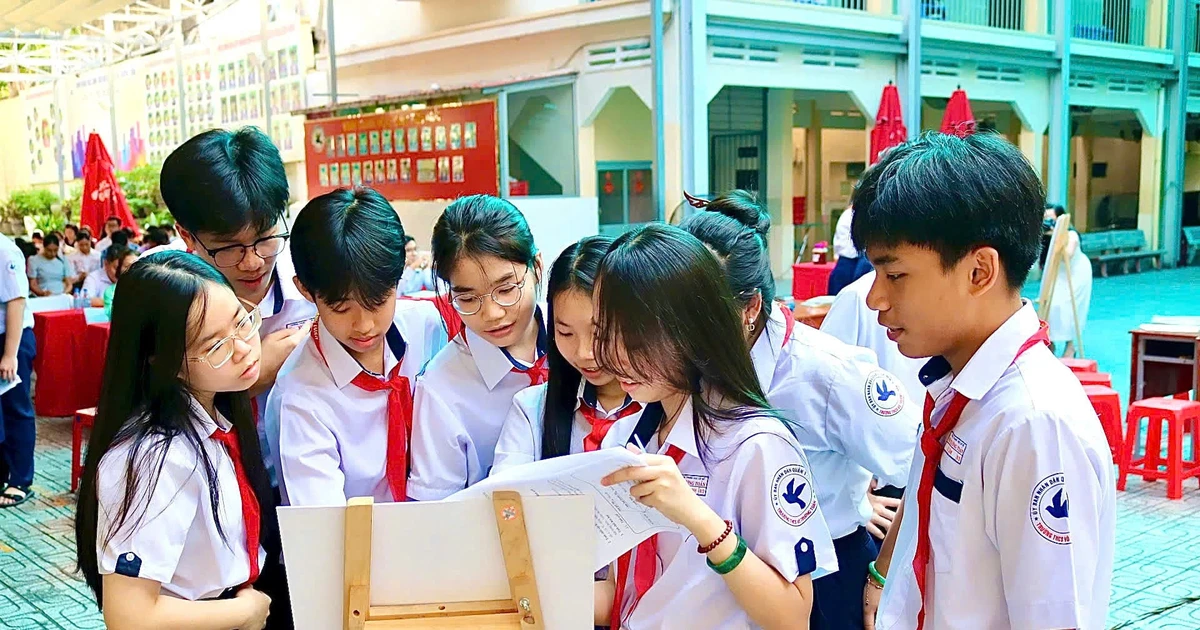
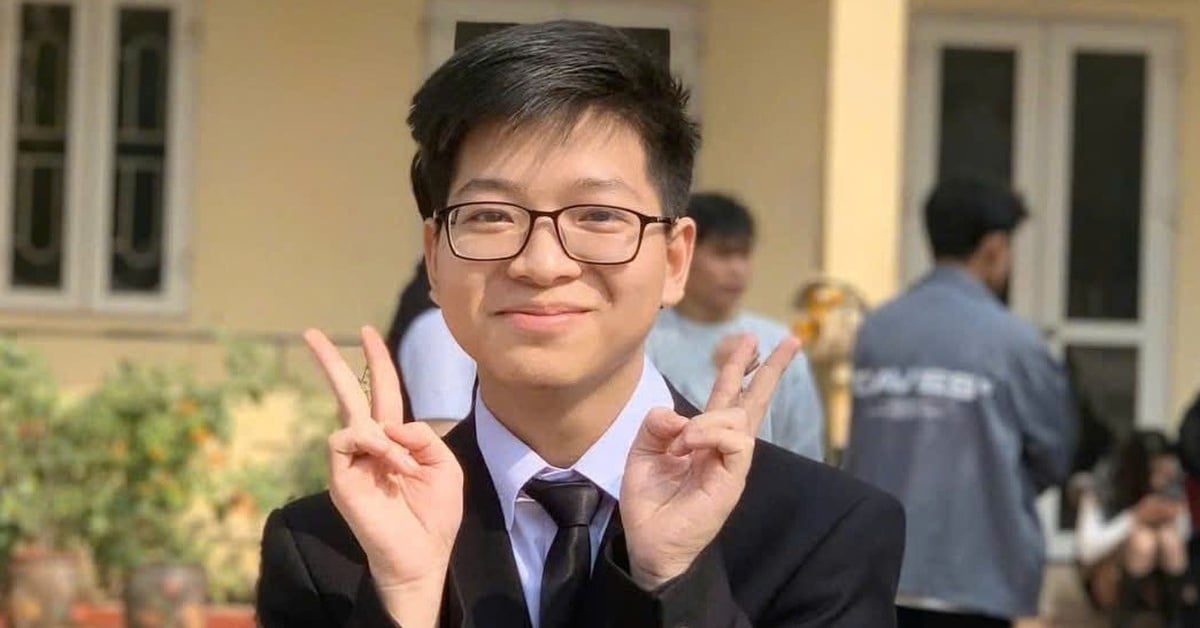
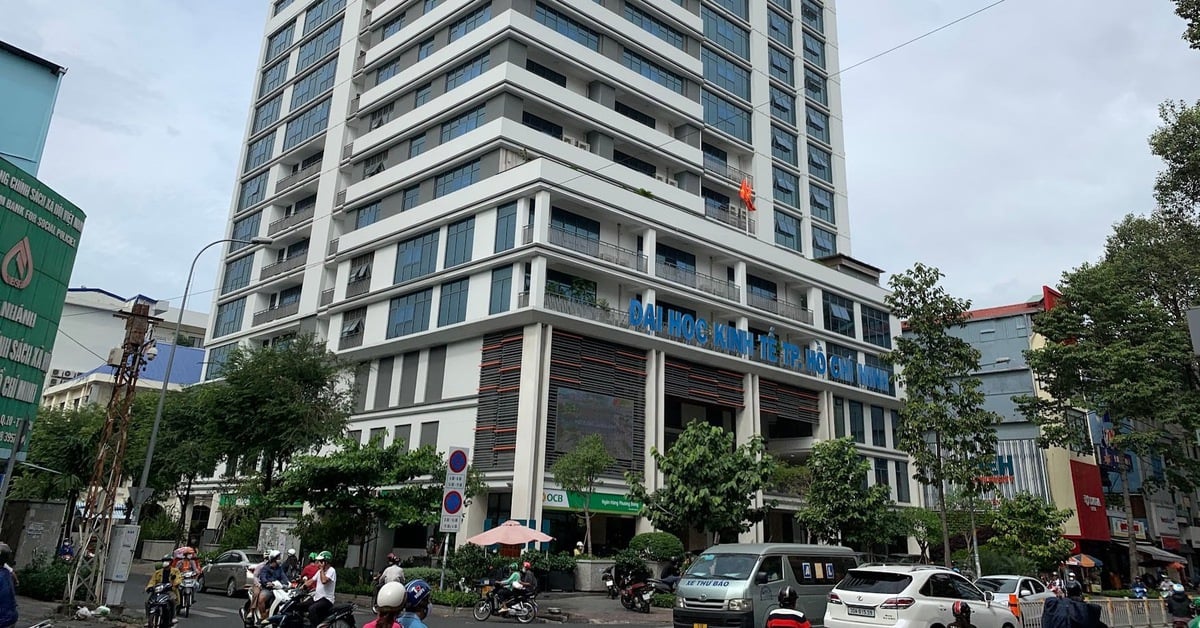
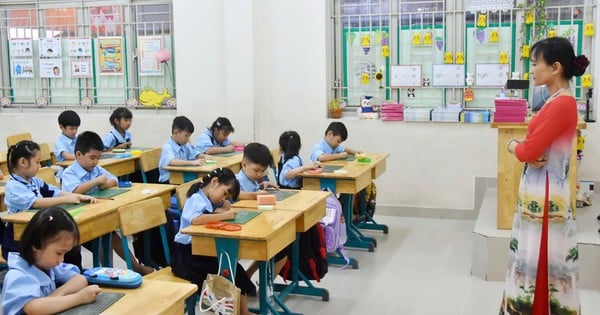

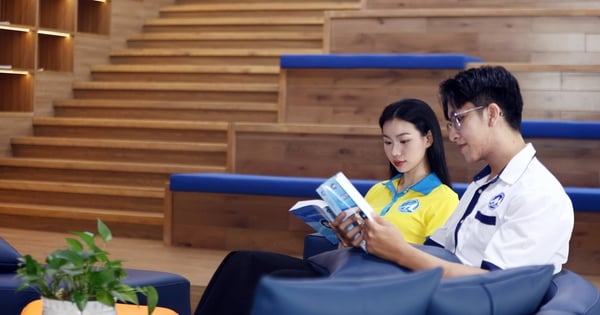





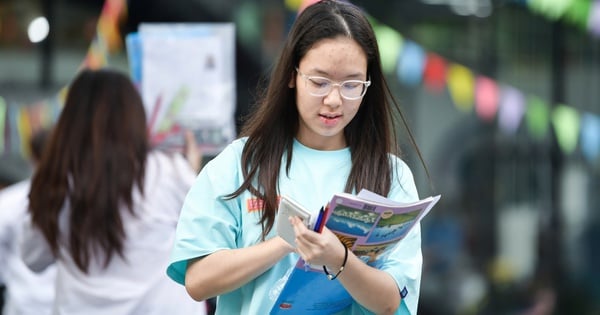
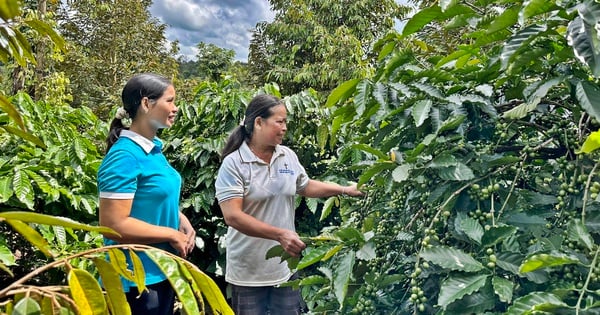
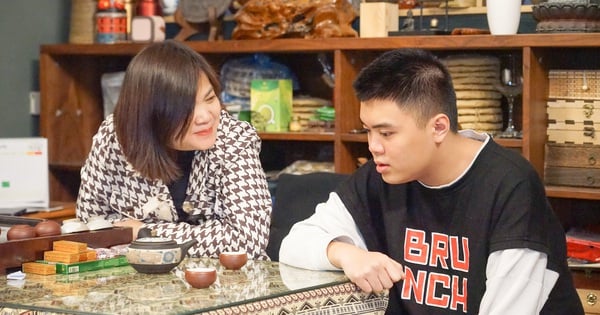
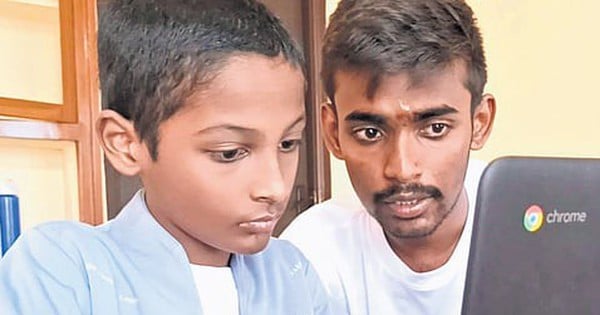
































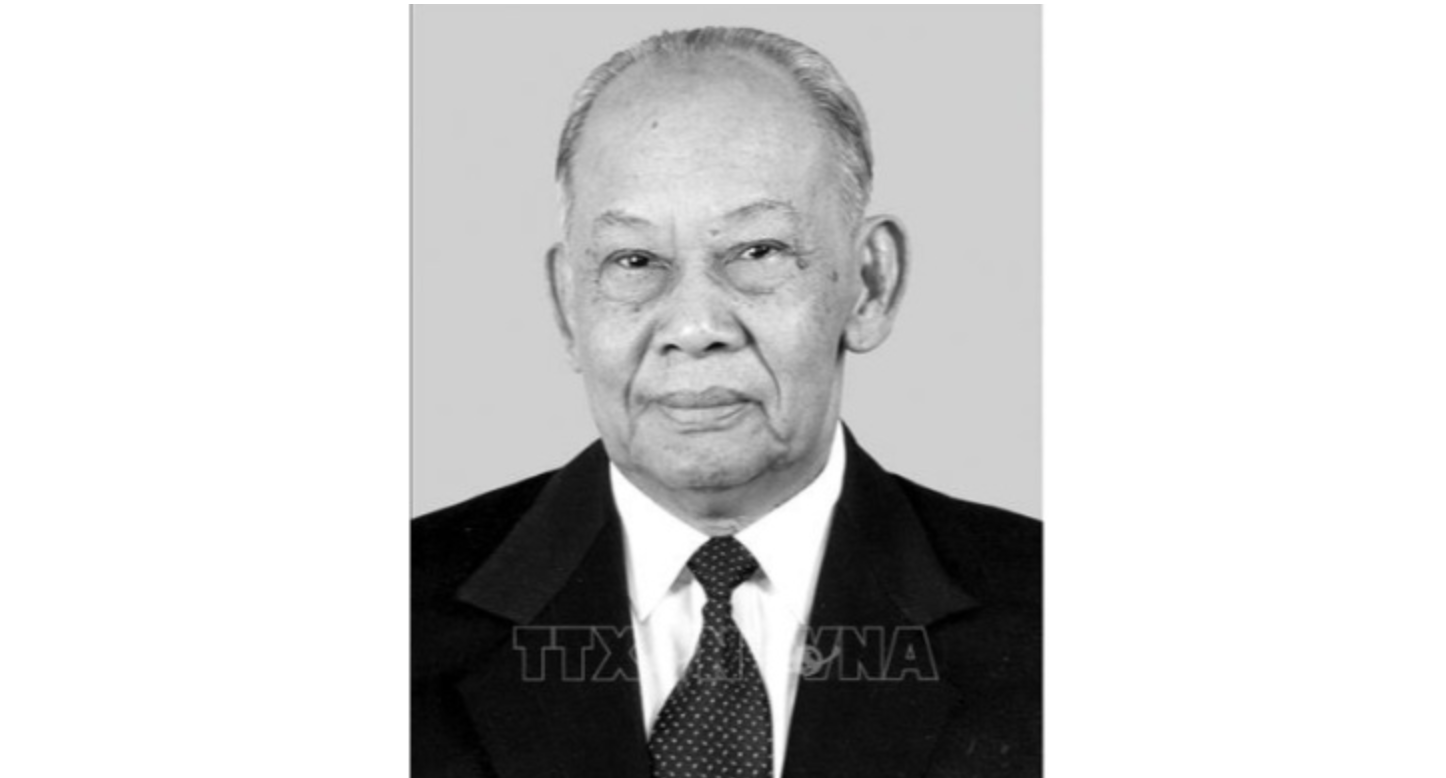

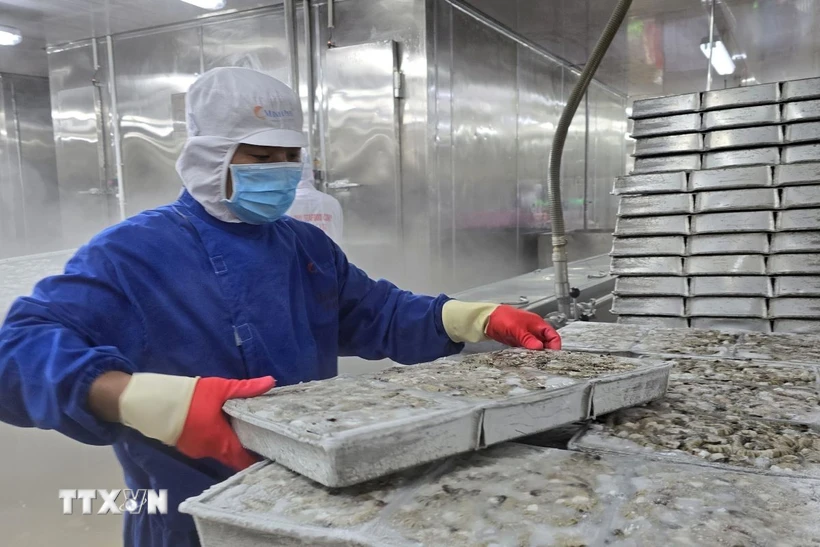
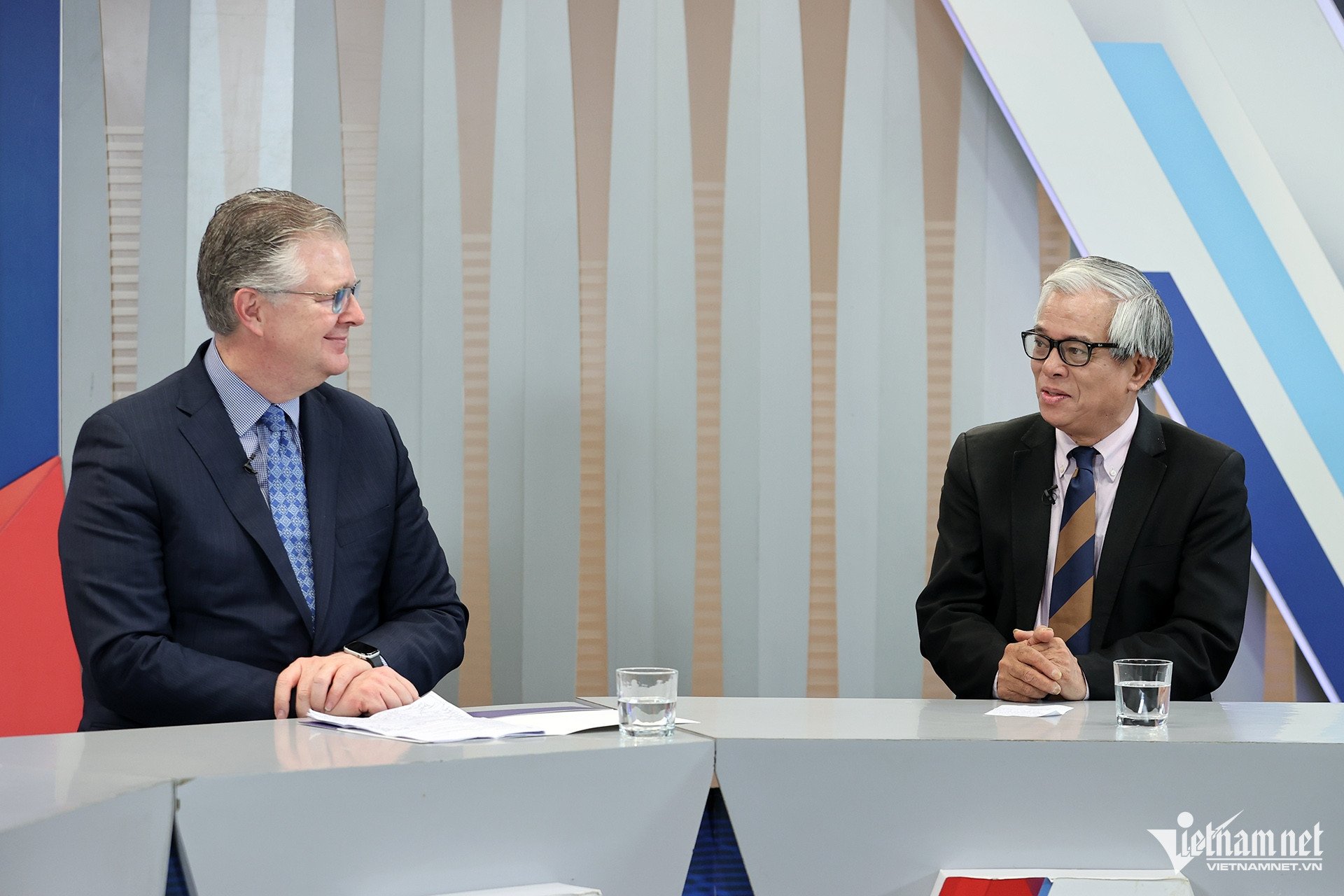
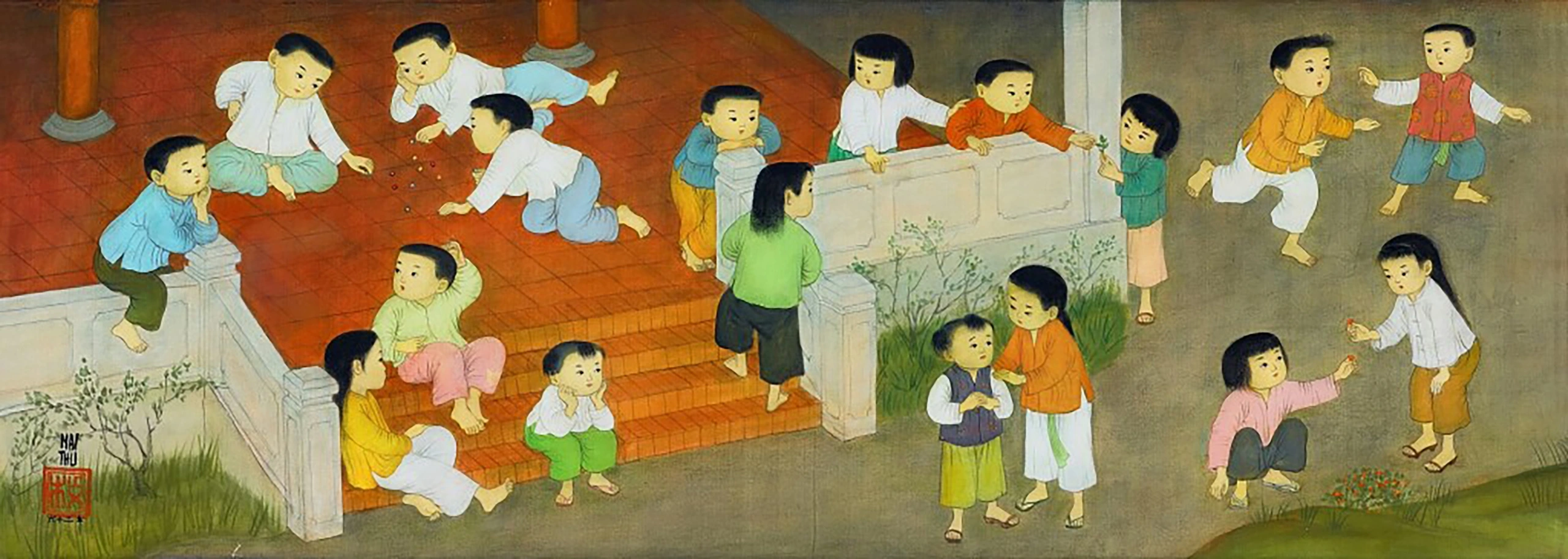
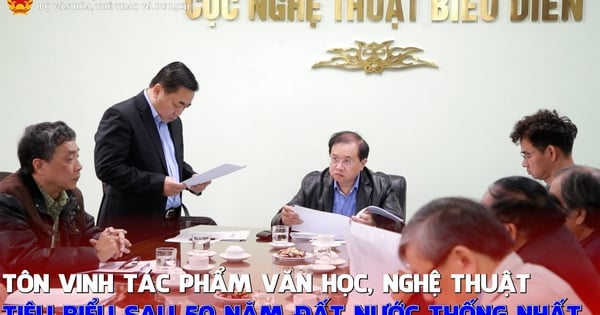

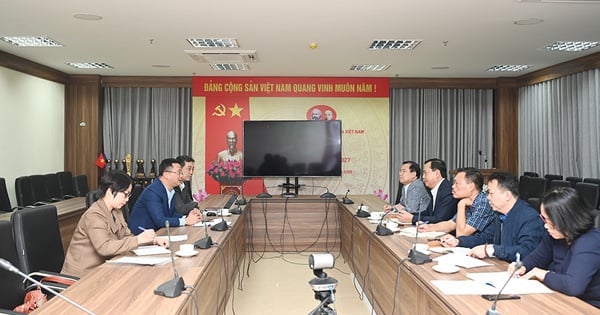
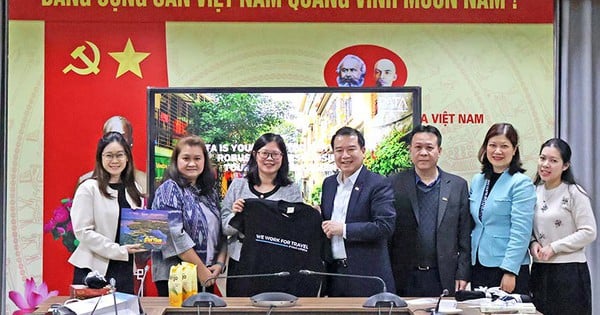
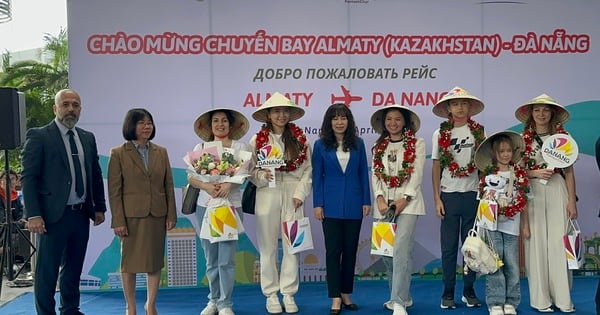




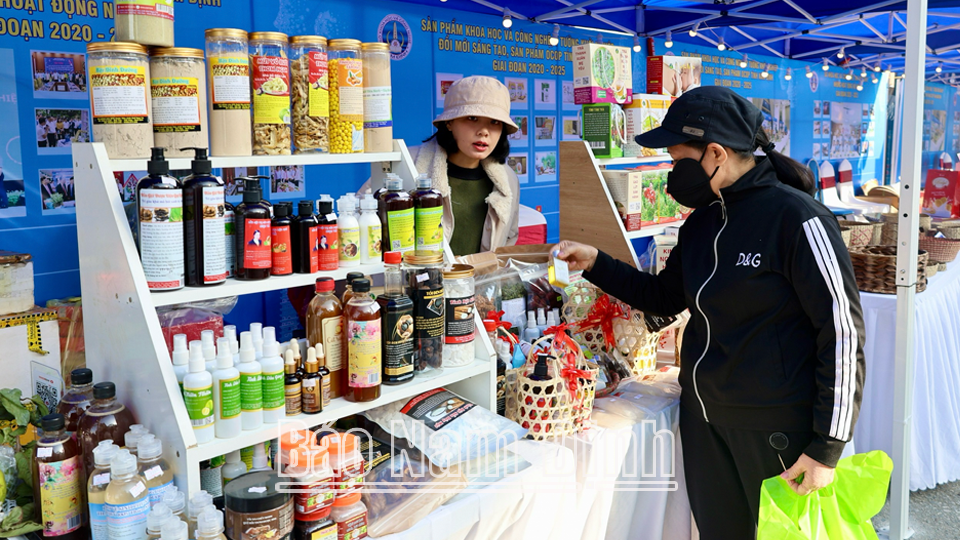


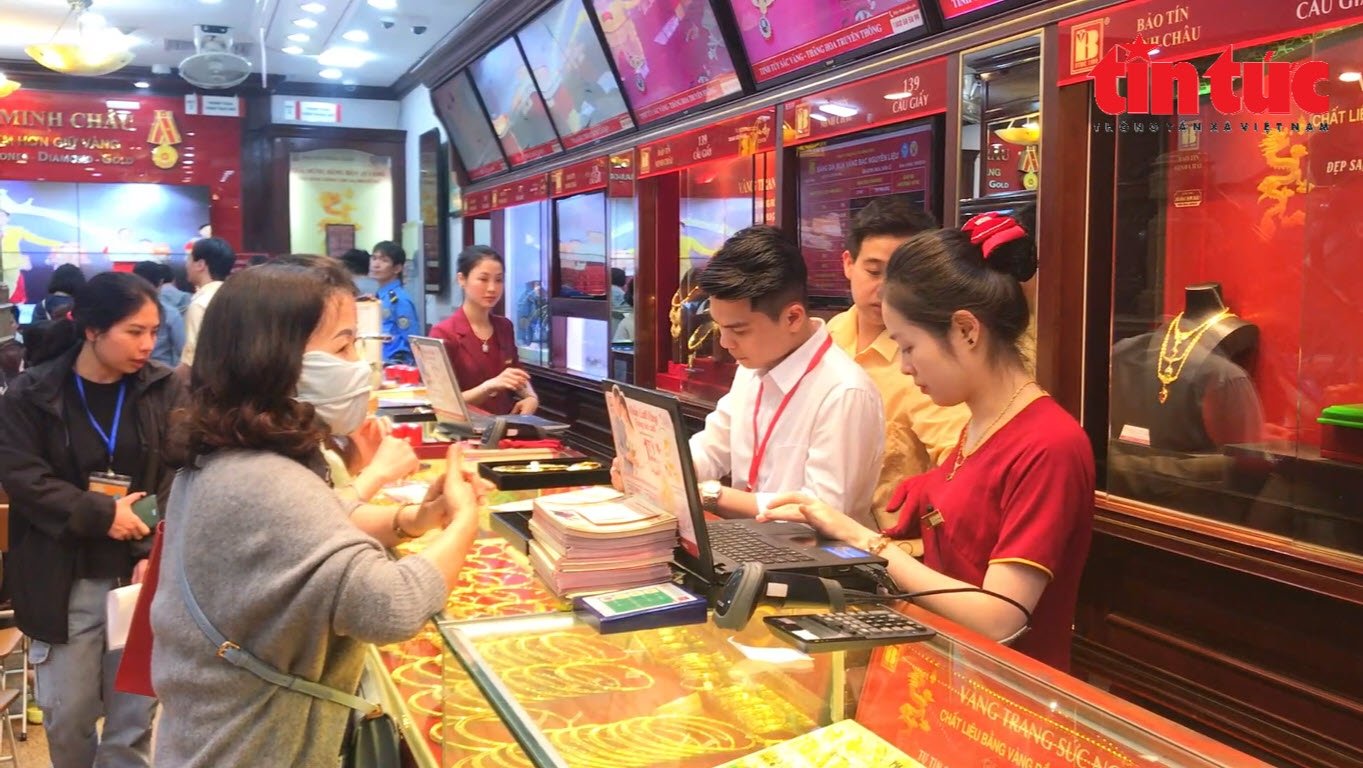

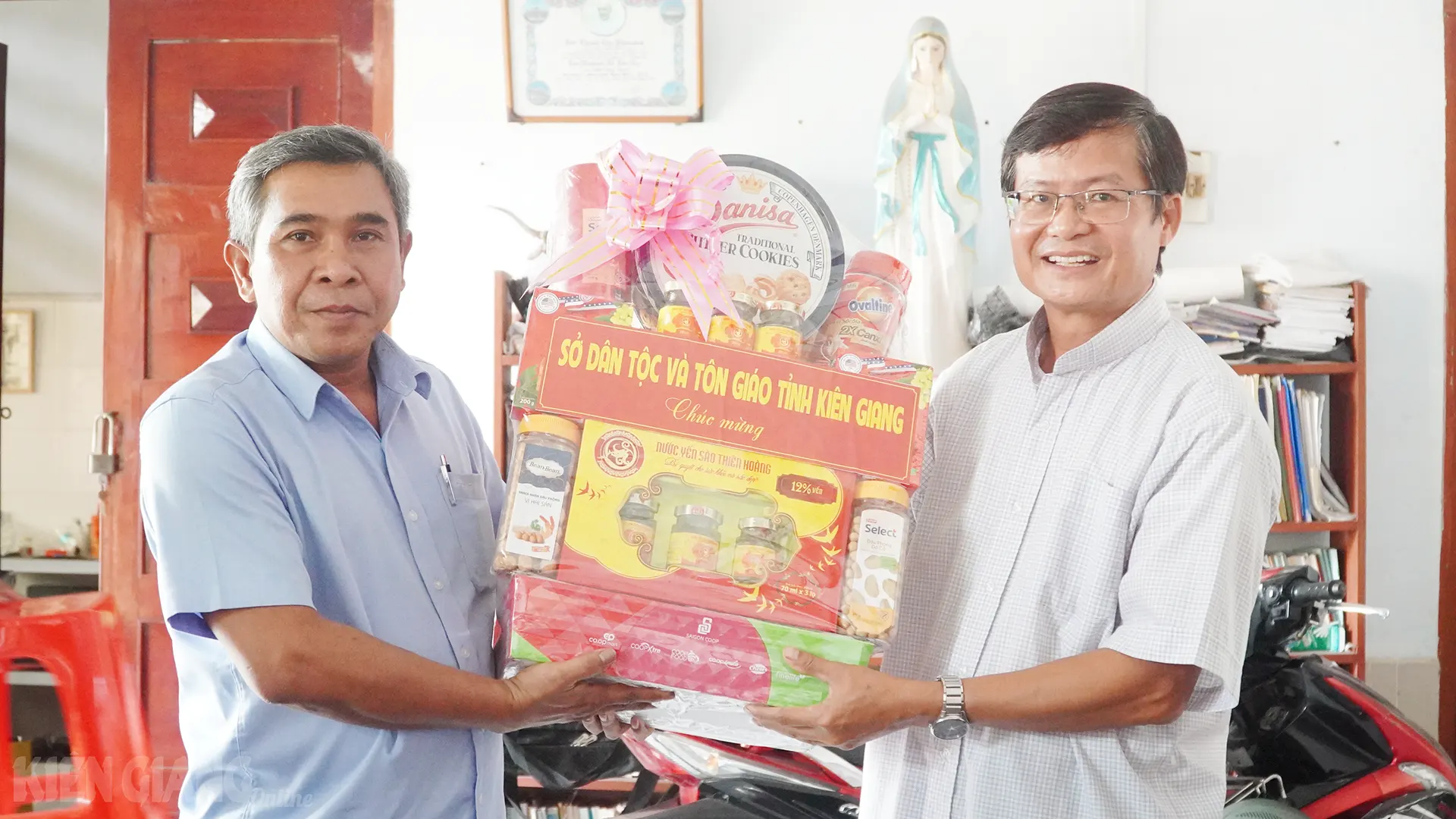
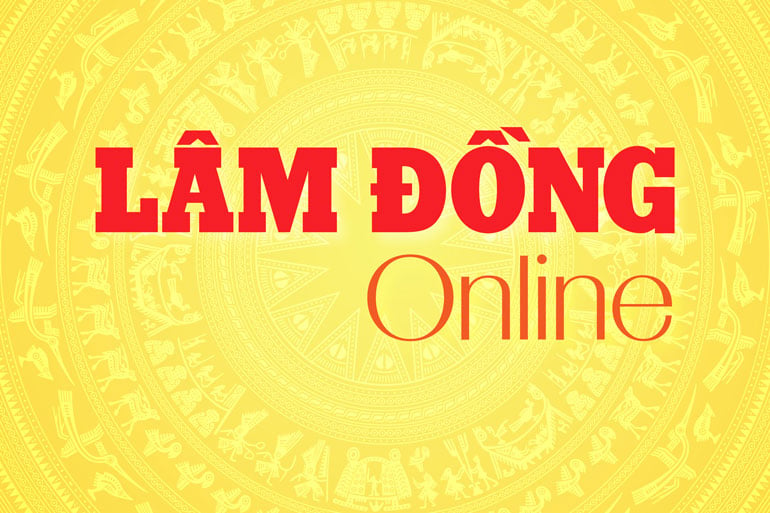












Comment (0)